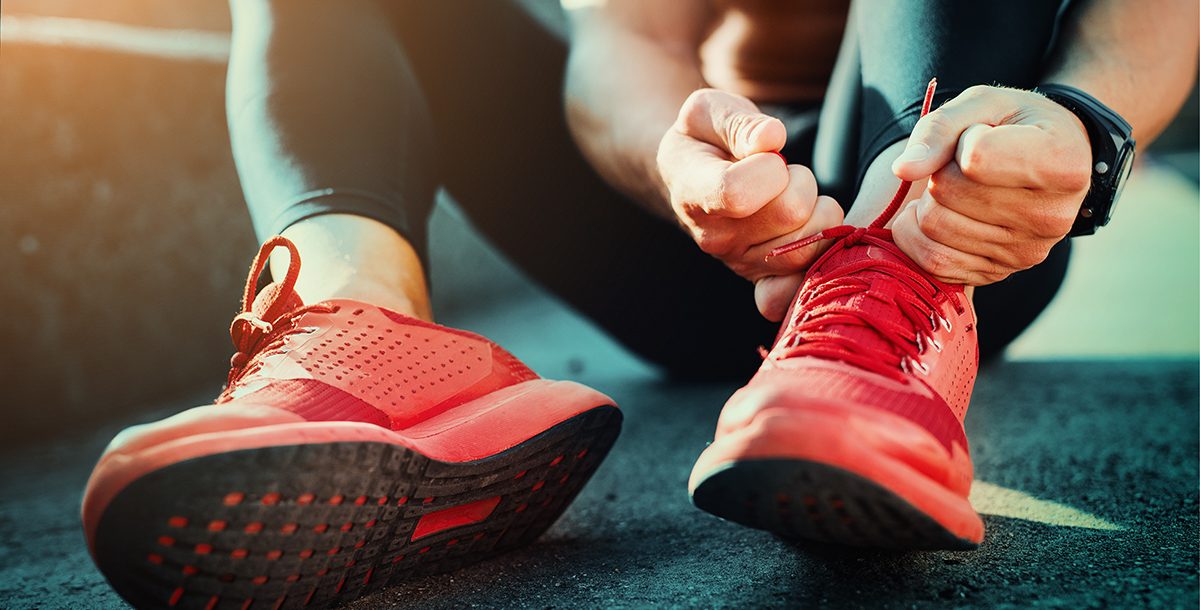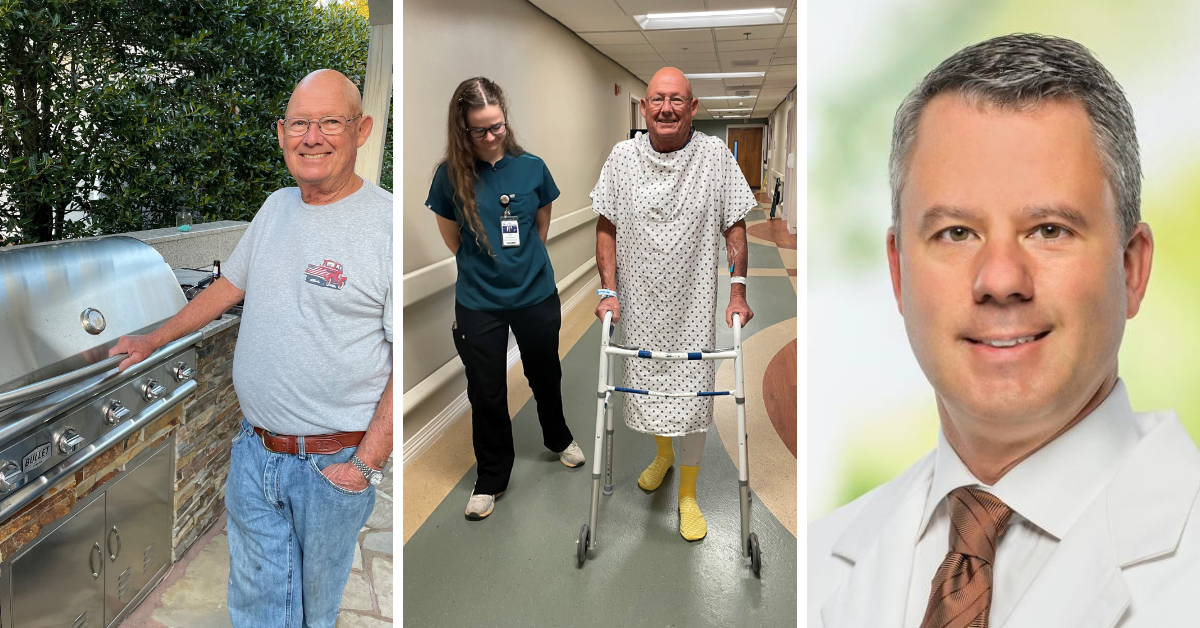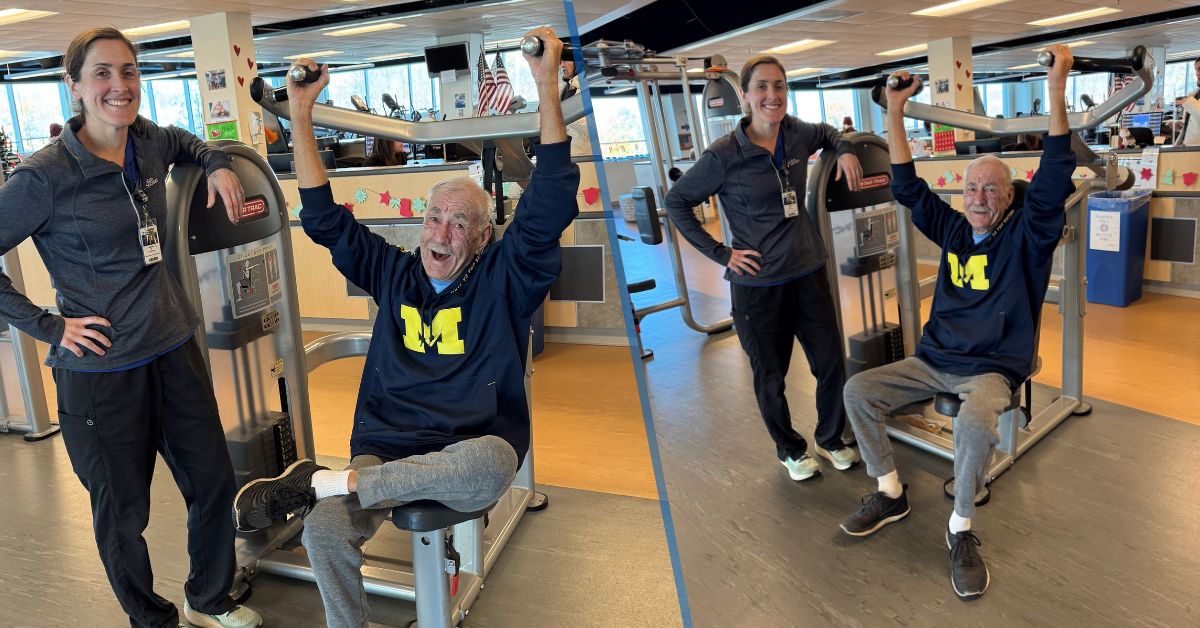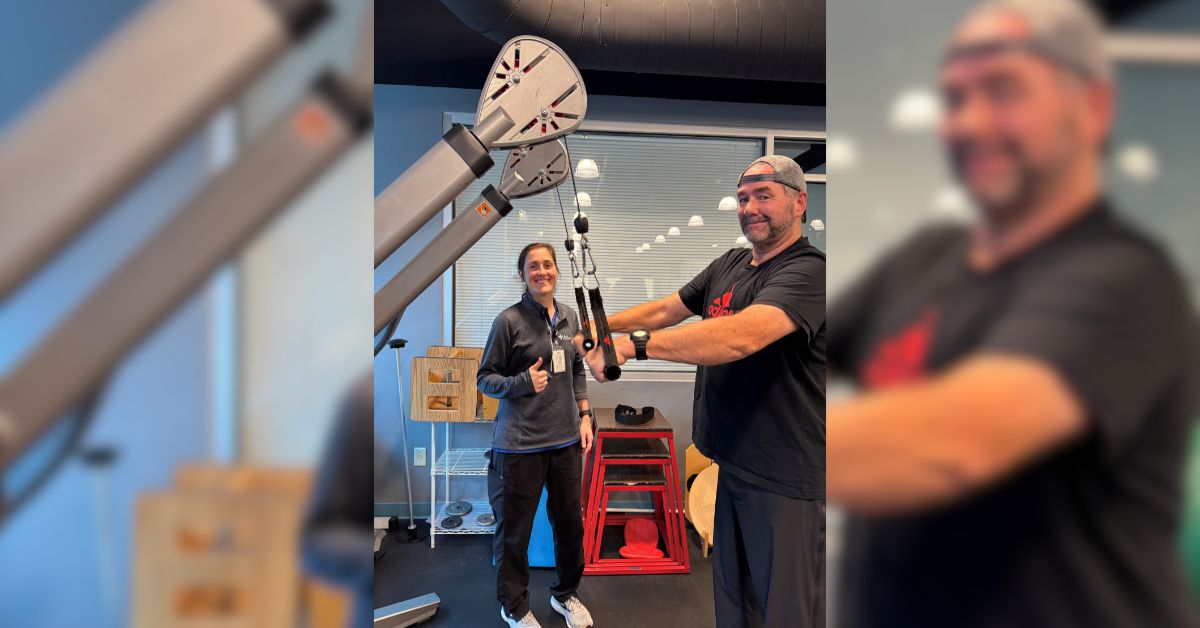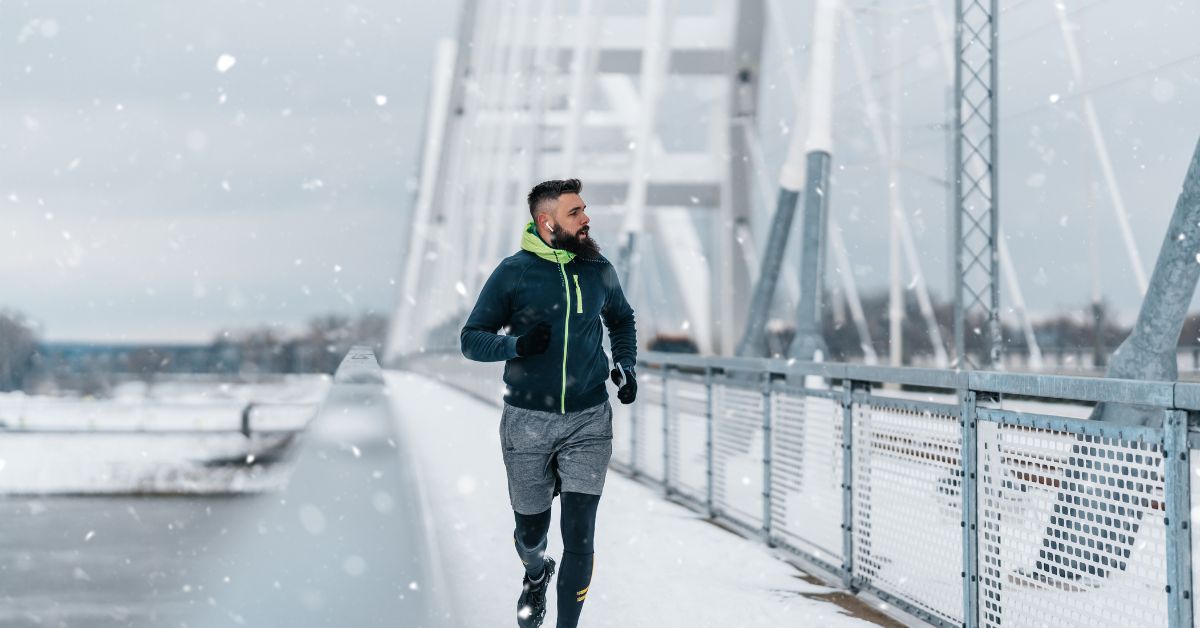For some runners, occasional injuries are common place with this intense cardio exercise. However, constant foot pain could have some runners contemplating if they need orthotics.
Prescription orthotics can be a big investment. Therefore, it is important to do your research ahead of time. Check out this need to know info about running and orthotics.
Orthotics vs. over-the-counter inserts
Orthotics are internal devices for your shoes. They help you manage painful foot problems as you stay active and are available by prescription.
Before you can get orthotics, a foot doctor called a podiatrist will need to examine your feet. They will determine if you need orthotics, what type of material to use and will also make a mold of your feet.
Some people mistake orthotics for shoe inserts you can buy at stores. While shoe inserts might seem similar, they’re not on par with orthotics.
Inserts are over-the-counter products. So, unlike orthotics, they’re not customized to solve your specific foot problems. Instead, they simply add more gel, foam or plastic cushioning to your shoes. For some runners, inserts work wonders. For others, they’re not enough.
Are orthotics right for you?
Some experts believe that runners often seek orthotics when they’re not really needed. If you plan to use orthotics, you should have a specific foot problem that you want to solve.
Orthotics are mostly useful for coping with the following issues:
- Arthritis: Joint swelling in the foot can cause severe pain even when you’re just walking around. Orthotics might help relieve pressure on certain areas of your feet, reducing discomfort.
- Diabetes: Diabetes can lead to nerve damage and interfere with foot circulation, making it difficult for runners to enjoy exercise. Orthotics might be a way to cope with this discomfort.
- Metatarsalgia: This is a condition that results in inflammation at the ball of the foot. The resulting pain is sharp and burning. Metatarsalgia can happen due to your natural foot shape, shoes that don’t fit or intense workouts, such as long runs.
- Plantar fasciitis: When the tissue on the bottom of your foot swells, you’ll feel a stabbing pain. The discomfort is often at its worst in the mornings or after exercise. Plantar fasciitis can develop due to aging, weight gain, stress on the affected area or foot shapes such as high arches or flat feet.
- If you have problems such as shin splints, knee pain or bunions, orthotics might also help.
It’s best to talk to your primary care provider first. They can assess how helpful the orthotics may or may not be for solving your specific problem. Your doctor might first suggest medication or lifestyle changes that are more affordable or effective.
If you do end up getting orthotics, you’ll want to be certain that they fit comfortably. They should also reduce your pain during runs.
Learn more about the orthopedics and sports medicine services we offer at Bon Secours.

